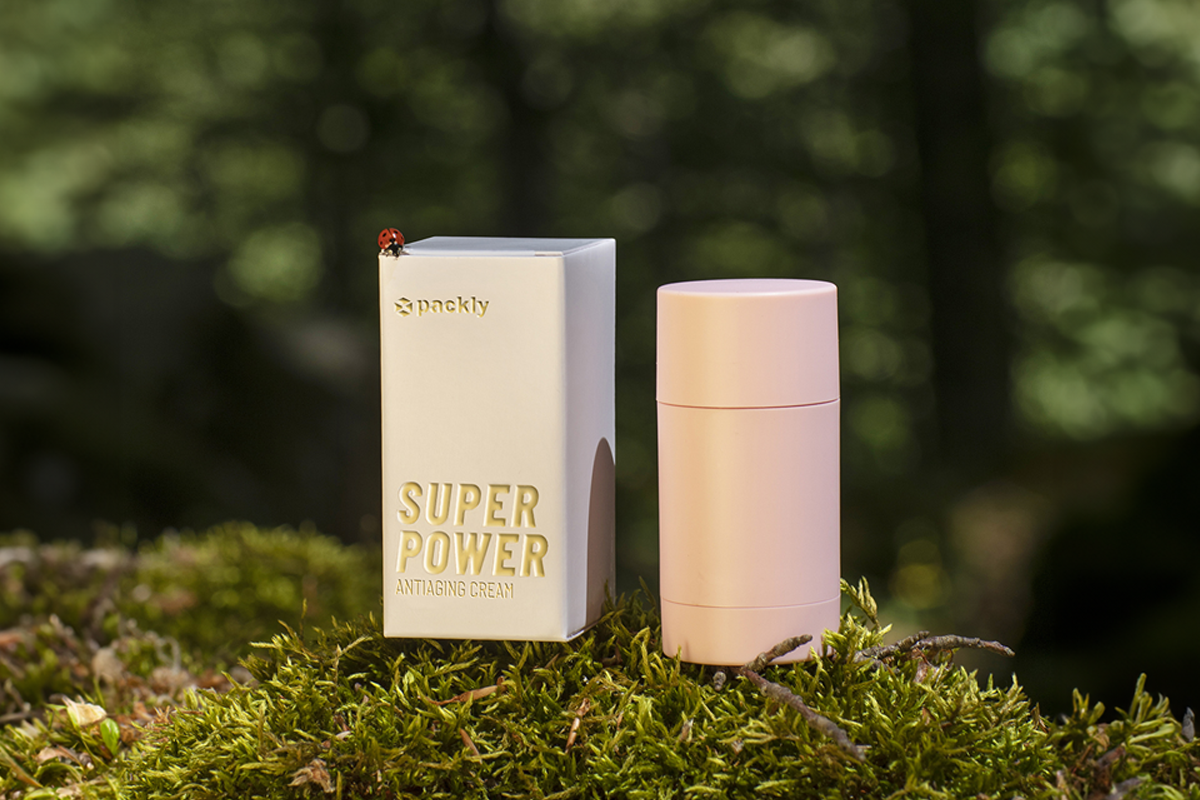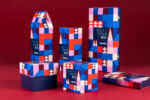The increasing spending power of Generation Z is causing, amongst other things, a luxury market transformation.
According to Bain & Company, along with Millennials, Gen Z accounted for the entire luxury market growth in 2022 and is projected to represent 70% of luxury spending by 2025, contributing to a steep luxury market transformation. However, luxury brands must cater to Gen Z’s distinct value systems, which diverge from previous generations. To attract and retain this age group, brands must move beyond traditional notions of luxury and embrace inclusivity, sustainability, transparency, technology, and circular innovation.
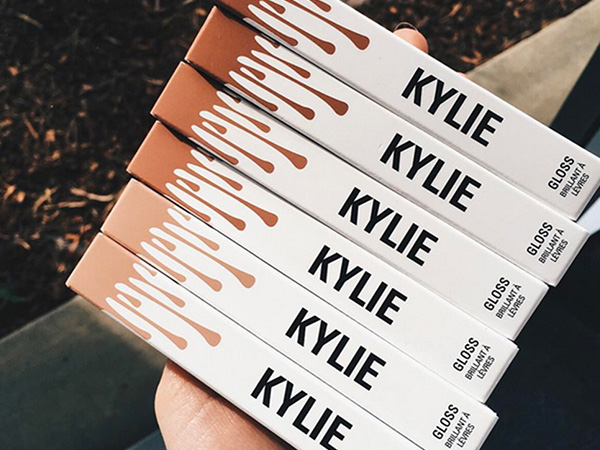
Luxury market transformation explained.
Luxury brands deconstruct the market by forming unexpected connections with different aspects of culture and commerce. Surprising partnerships between luxury and high-street brands have emerged, leveraging the cultural cachet or values that luxury brands seek to develop. Care must be taken to strike the right balance, as exemplified by the mixed response to Tiffany & Co’s collaboration with Nike on limited edition Air Force Ones. The backlash from discerning sneaker enthusiasts highlighted the need for authenticity.
Gen Z’s desire for inclusivity extends beyond superficial gestures. They expect brands to actively engage with social issues, champion diversity, and take a stand on important matters. Luxury brands that demonstrate a genuine commitment to inclusivity are well-received by this generation and are likelier to earn their loyalty and support.
The Rise of Pre-Owned Luxury and Sustainability
The luxury sector is evolving to meet the growing demand for pre-owned luxury goods, estimated to be worth around $46 billion. Gen Z and Millennials place great importance on sustainability and circular economies, with a significant percentage willing to spend more on sustainably produced and ethically sourced products. They view pre-owned luxury items as sustainable investments and assets to trade rather than new status symbols or heirlooms. Luxury brands like Rolex and Zenith have responded by launching certified pre-owned programs, providing superior quality while embracing new notions of luxury.
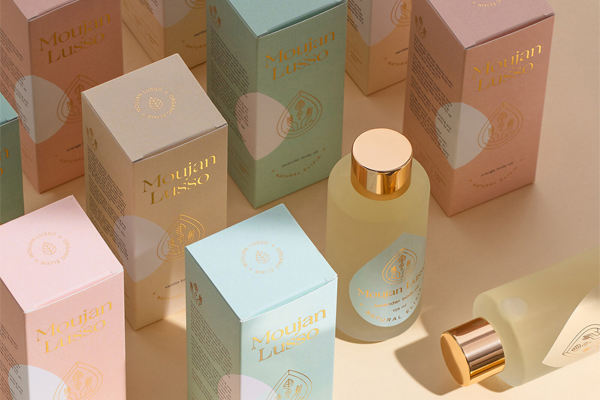
Technology and Emerging Values
Luxury brands are engaging younger consumers by embracing emerging technologies that align with values like transparency and inclusivity. LVMH, Prada, and Mercedes-Benz are using blockchain technology to trace the lifecycle of products, ensuring responsible sourcing and authenticity. Virtual spaces like Gucci Vault offer interactive fashion experiences and educate players about the luxury brand’s history. Web3 digital marketplaces disrupt the industry by providing designers alternative platforms to sell physical and digital products, including NFTs.
What might have seemed jarring for the luxury sector just a few years ago, such as high-street partnerships, second-hand goods, circular economies, and virtual marketplaces, now feel culturally relevant. Gen Z’s rapid redefinition of luxury market values showcases young consumers’ broad and swift impact on the industry.
Sustainability: The New Standard for Luxury
Environmental consciousness is a defining characteristic of Gen Z. This generation is acutely aware of the urgent need for sustainable practices to protect the planet and ensure a better future. They expect luxury brands to share their commitment to sustainability, from sourcing materials to production processes and supply chain transparency.
Luxury brands are now under scrutiny, with Gen Z demanding eco-friendly alternatives and a move away from harmful practices. They prioritize brands that embrace circular economies, use renewable materials, reduce waste, and minimize carbon footprints. Gen Z values durability and longevity, favoring high-quality products designed to last. Fast fashion and disposable luxury are losing appeal as sustainability takes center stage.
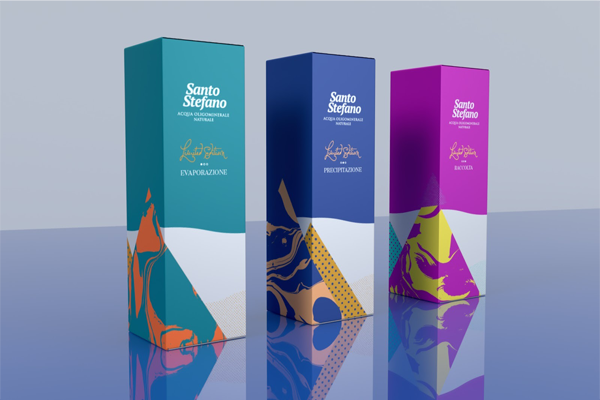
The Power of Gen Z: Influencing Change
Gen Z’s immense buying power and strong advocacy for inclusion and sustainability drive substantial change within the luxury market. Brands that have been slow to adapt face a significant risk, while those embracing these values thrive. The rise of social media has amplified Gen Z’s voice, allowing them to hold brands accountable and share their expectations with a global audience.
Luxury brands must adopt an authentic and transparent approach to connect with Gen Z consumers. They must foster community, actively listen to their customers, and engage in meaningful dialogue. Collaborations with influencers and activists who align with these values can also help bridge the gap between brands and the younger generation.
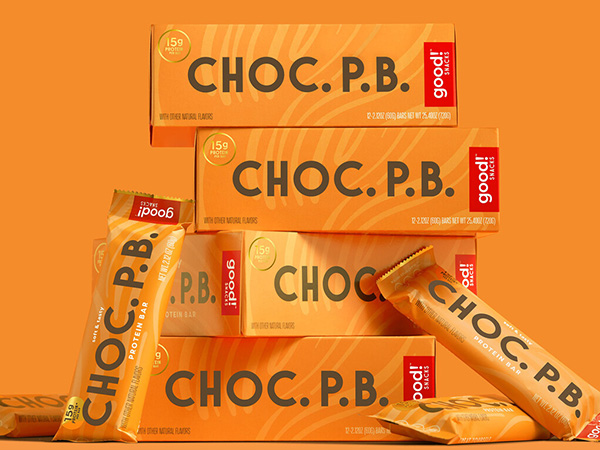
Conclusions on luxury market transformation
Whether your target audience in luxury is the older generations looking for status and prestige, or the newer ones after the circular economy and sustainable choices, Packly is the way to go. Try our creative interface, and create the proper boxing with fast turnaround times and fair prices.
